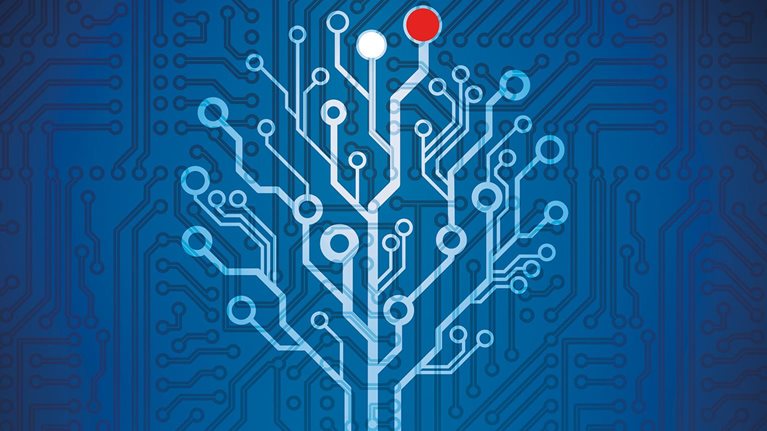Germany’s economy grew 1.9 percent in 2016, faster than any other G7 economy, and its employment rate has risen by 10 percentage points in just over a decade. This puts the country in a strong position to face potentially disruptive trends, including an aging population. But to preserve its position, Germany needs to adapt to rapid global changes in digitization and automation.
In a new McKinsey Global Institute paper, Driving German competitiveness in the digital future, we estimate that by quickly adopting automation technology, the country could add up to 2.4 extra percentage points of annual per-capita GDP growth to 2030 (exhibit). This could help compensate for a 0.6 percentage point annual drag on per capita GDP growth from aging and help Germany to sustain its historical per capita GDP growth rate.
Our digitization index shows that Germany currently captures just 10 percent of the global “digital potential,” which we define as the upper bounds of digitization in the most digitized economy, compared with 18 percent in the United States. In addition to trailing the United States and China in full-scale digital adoption, Germany also lacks large-scale consumer tech companies and online business-transaction platforms to rival global giants such as Apple, Alphabet, and Alibaba. As a result, Germany runs a digital services trade deficit with the United States of over 4 percent of total services trade.

Would you like to learn more about the McKinsey Global Institute?
German businesses also need to accelerate investment in and adoption of digital technology and seek opportunities to build home-grown platforms that can compete globally. They will need to be bolder in digital transformations across the value chain, build new business models, and capture new markets. Public policy makers can help a digital culture take root in Germany by establishing the necessary infrastructure, such as broadband networks and digital-business “ecosystems” that combine finance, talent, and academic support. Federal, state, and local governments can also lead by example and digitize their own operations and functions, and enable scale by driving the EU Digital Single Market.
Policy makers also need to prepare the workforce for the coming transition. Because of Germany’s aging demographics, the impact of automation on overall job creation and employment levels should be less of a concern than the potential for rising income inequality. Recent MGI research estimates that 62 to 77 percent of the hours worked by low-skilled Germans could be automated by currently demonstrated technology versus 18 percent for the highest-skilled. Education, labor, and welfare institutions will need to evolve to ensure everyone can equitably participate in the new digital economy, while protecting those who fall behind.
Finally, this report offers five action items each to German business and policy leaders that can keep the country competitive in the digital future.
Download the full report (PDF–10MB) in German.


